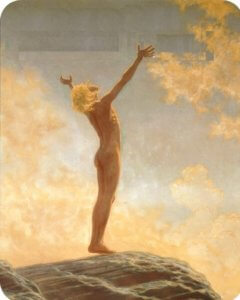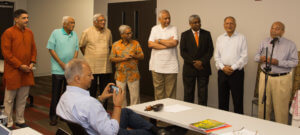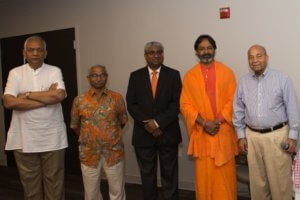The History and Method area takes a deep dive into the evolution of European thought as it emerged through what has been called the “Enlightenment”, “Renaissance” and “Reformation” eras. It offers a collection of courses that explore the key ideas that gave rise to our contemporary mainstream understanding of the nature and place of history, historical process and the method of knowing the world through historical master narratives. Ranging from the origins of the Aryan Race theory to the emergence of Anti-Semitism, Protestant Christianity and its interactions with Enlightenment, the rise of German identity and interest in Sanskrit, the emergence of German Indology, the European split between Science and Religion, the evolution of contemporary ideas of rationality, morality, intellectual progress, the relationship between the individual and the state, liberty, secularism and religious tolerance, these courses enable the student to trace the arc of development of contemporary mainstream western thought. Focusing on the ways in which European (now western) thought creates fundamental polarization and conflict between religion and science, reason and revelation, religious and secular, tradition and modernity, progressivism and regressivism, private and public, white and non-white and so on – these courses allow students to reflect on how these foundational sets of ideas have “set the table” of contemporary debate, well into our 21st century. By reviewing specific Philosophers and Thinkers and the critical writings that set this table, students will be enabled to inquire into the role and purpose of the field of contemporary Humanities as a special stream of study for self-cultivation, aesthetic appreciation and the development of a wider intellectual horizon and explore to what extent the promise of the humanities and the modern university have been thwarted by special and entrenched interests, leading to fundamental disconnects between the university and the wider public. Ultimately, this area of study, aims to enable students to engage with contemporary social and political debates, from a place of thoughtful and critical reflection and adequate historical context.
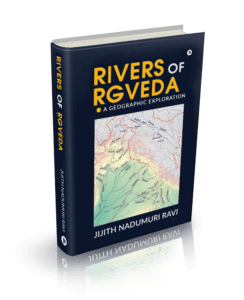
Rivers of Rigveda
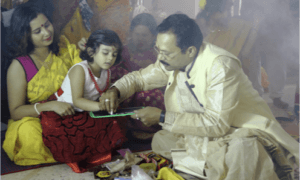
The Educational Heritage of India
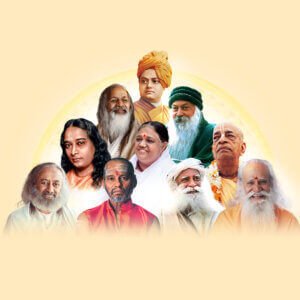
Gurus in America- The incredible impact of India’s Dharmic Ambassadors
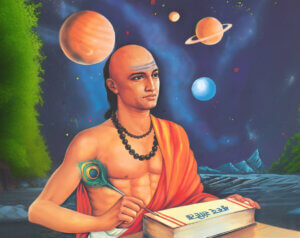
History and Methods of Indian Astronomy
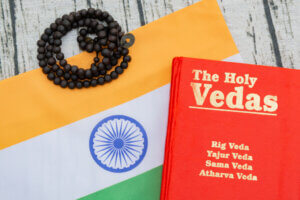
The Vedic Origins of Hinduism

Readings in Western Philosophy
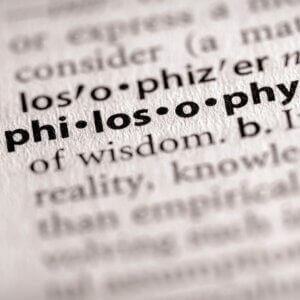
Philosophy of Race

History of German Indology
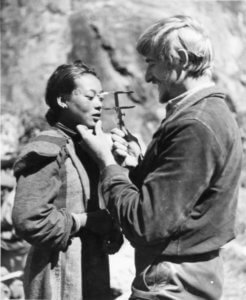
Readings in Modern Hinduism
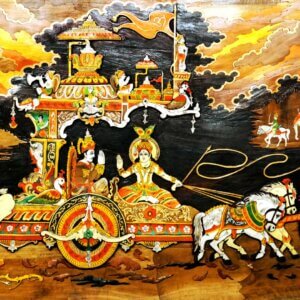
Mahābhārata Textual Criticism

Reconstructing Hindu History – The Omissions
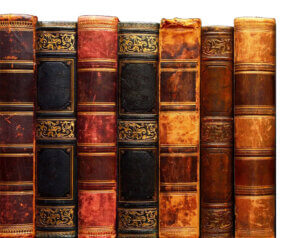
Reconstructing Hindu History – The Commissions
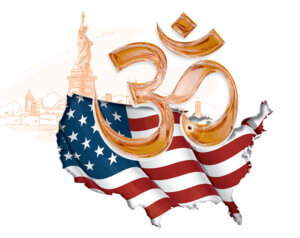
How Hindu Dharma Transformed America
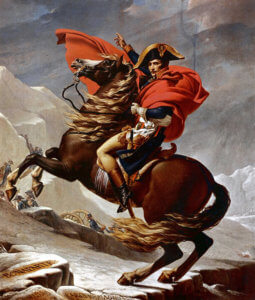
The Philosophy of History

Distortions in Indian Historiography
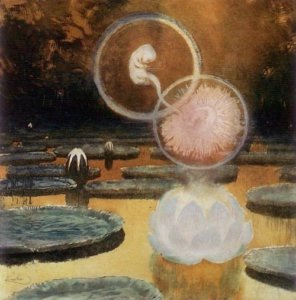
The Bhagavadgita and the West

The Humanities and the University – II
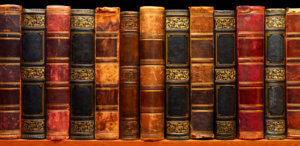
Historicism and the Humanities
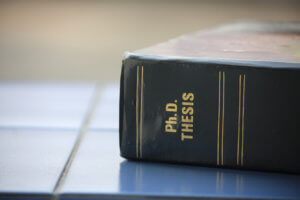
The Humanities and the University – I
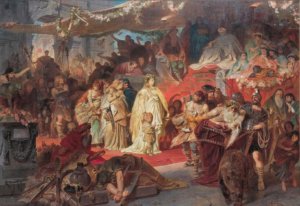
Historical Methods and Sources
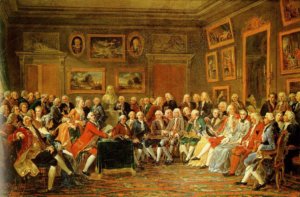
The Enlightenment
